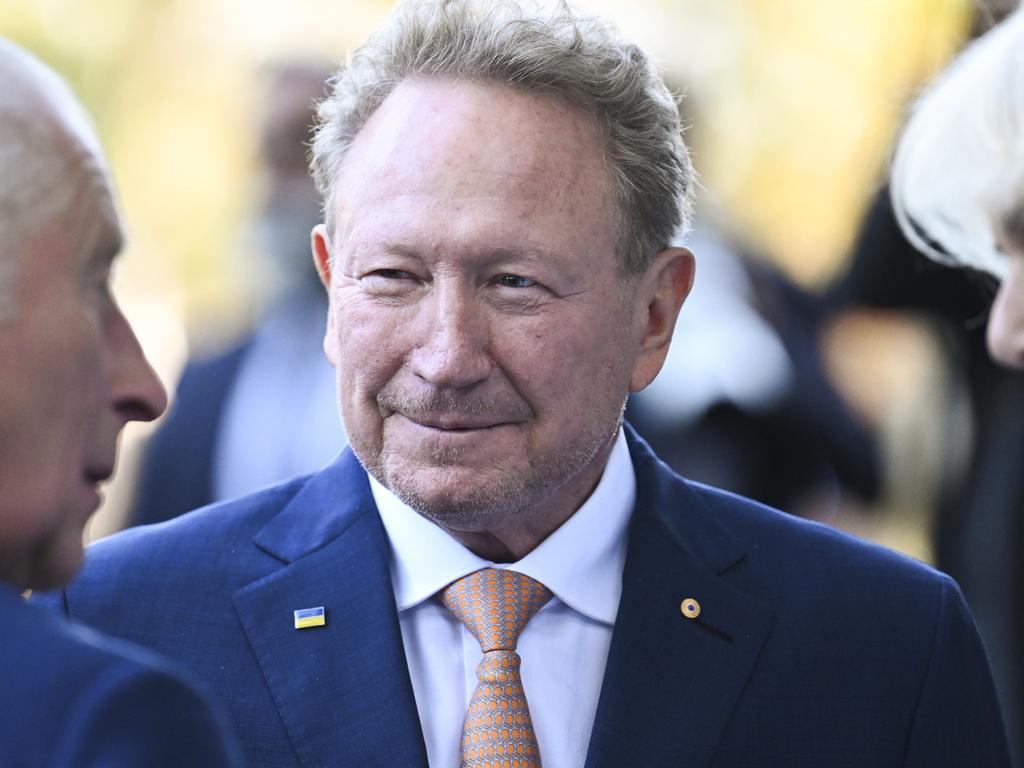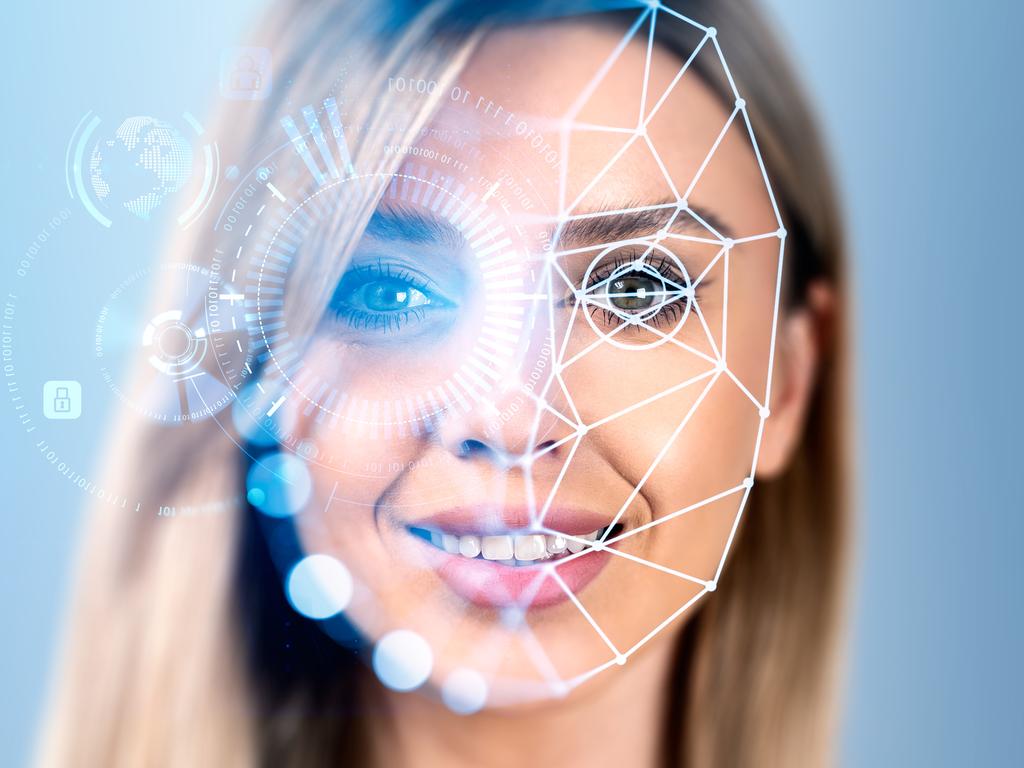Facebook rolls out face recognition tech
Facebook is rolling out face recognition technology in a bid to combat scammers and to help people recover their accounts.
Facebook is bringing back face recognition technology in order to help protect users from celeb-bait scams and assist people to recover their accounts.
The celeb-bait scam is a tactic used by scammers to fraudulently use images of Australian celebrities and businesspeople like TV host Karl Stefanovic and billionaire Andrew Forrest to promote their schemes.
Mr Forrest is currently involved in legal action against Meta in the US over scam cryptocurrency advertisements that appear on Facebook using his image.

Scammers use the images of celebrities to trick people into giving up personal information or money. The ads are designed to look real and can be difficult to detect.
Facebook uses an advertising review system, an automated process that scans millions of ads across the platform, looking at text, images and video.
Now the company will include face recognition technology in that system.
It will compare faces shown in an advertisement against the public figure’s Facebook and Instagram profile pictures.
If a match is confirmed and the ad is confirmed to be a scam, it will be blocked by Meta.
“We immediately delete any facial data generated from ads for this one-time comparison regardless of whether our system finds a match, and we don’t use it for any other purpose,” a Meta spokesman said in a media release.
The move comes three years after Facebook shut down facial recognition software over privacy and regulatory concerns, and deleted the images of one billion users.

It says early results using a small group of celebrities and public figures showed promising results, increasingly the speed and effectiveness of its review system.
Facebook will soon enrol a larger group of public figures in the program, and will send in-app notifications to let them know.
Public figures can opt-out in the Accounts Centre.
Meta is also cracking down on Facebook accounts that impersonate public figures, often with the goal of duping people into engaging with scam content or to scam people out of money.
The scammers offer fake investment schemes and try to gather personal and sensitive information.
The detection system is similar to that used on fake ads.
Recovering lost accounts
People lose access to their Facebook and Instagram accounts by forgetting log-in information, misplacing devices and when scammers obtain a password.
And regaining access to the account can be a difficult process.
Meta is rolling out a new way to help people verify their accounts.
If a user uploads a video selfie, the firm can use facial recognition technology to compare the selfie to the profile picture and verify the user - similar to the biometric authentication facial recognition systems used on phones.
Meta says any selfie videos uploaded will be “encrypted and stored securely”, and not visible on the user’s profile or visible to others.
The data will be deleted after the comparison, regardless of whether there is a match.
The Australian Government is currently considering introducing new mandatory industry codes that will force social media companies and banks to fight scammers.
You can find information on how to identify and avoid scams on Scamwatch, which is run by the National Anti-Scam Centre.
Andrew Forrest’s lawyer Simon Clarke speaks out
Mr Forrest’s lawyer Simon Clarke said the billionaire was taking legal action against Meta in California over fraudulent ads that appeared on Meta.
He said the next court appearance by the parties would be on 31 October 2024 in the Northern District Division of the Federal Court, St Jose, California.
“Facebook purchased a world-leading facial recognition company 12 years ago – they could have adopted this technology then, well before the epidemic of celebrity scams started,” Mr Clarke said.
“Whilst genuine attempts to stop fraudulent ads online are welcome, one has to wonder why they are doing this now?”






